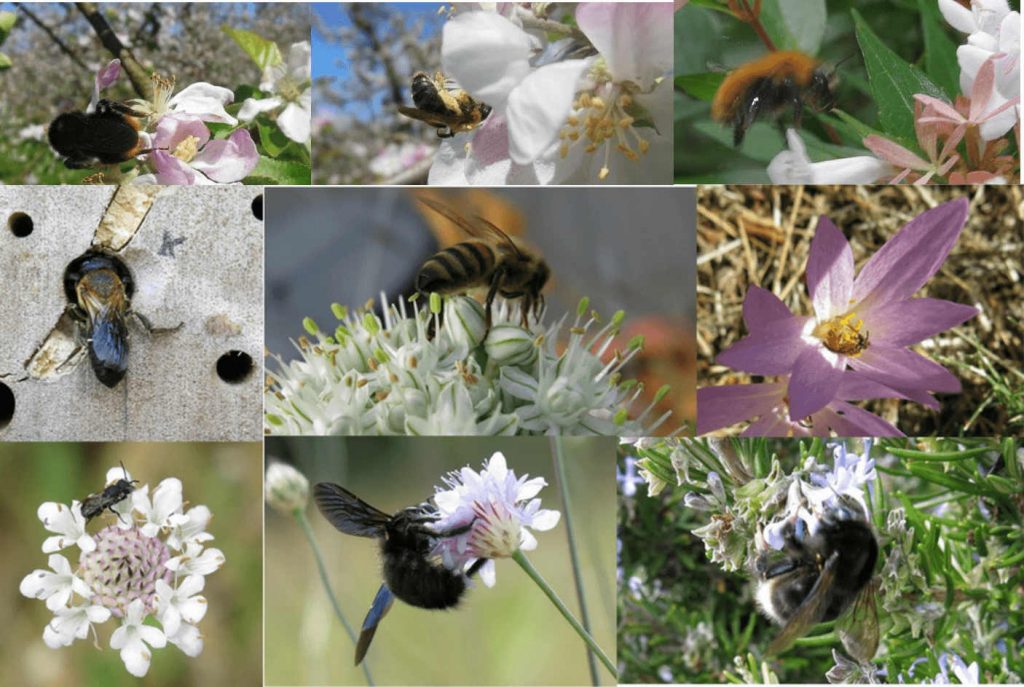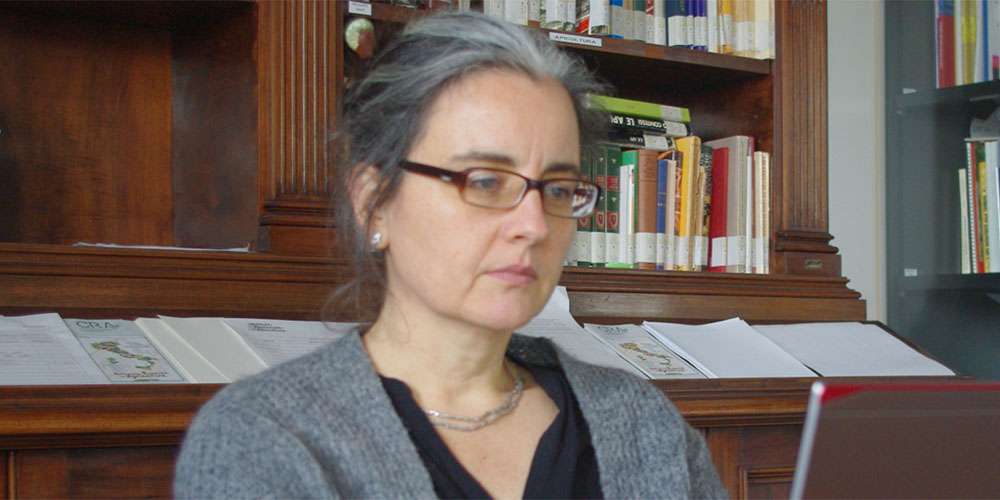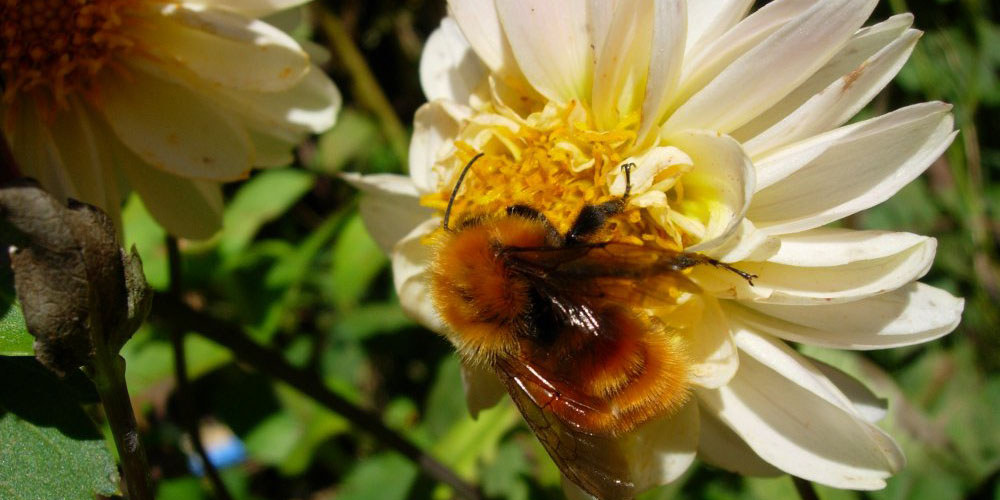“Save the bees!” was a frequent claim already when I started with BeeSafe. In the past years, this demand became ever-present. Before this, the most asked question after telling people that I work with bees was “oh, so you sell honey?” or something in those terms. Now it became “are the bees really dying?”. Very often followed by some often repeated citation from Einstein – which may be the topic for a future blog.
My mission in these seven years has always been to explain bees. If you ever read some of my posts, you know that I don’t like simplifying things. I’m convinced that you don’t need to do that for making (bee) science accessible. Therefore, over the past seven years, I tried to explain the nuances. Trying to do it in a diplomatic way. I had some great discussions and there’s nothing I would withdraw. However, in the past years, there were too many statements and developments going in the wrong direction. There are people saying that you save the bees with beekeeping. There are others promising 100% efficacy of varroa treatments. Companies selling “beehives for the window sill”. In summary, increasing amounts of rotten apples between those who work seriously.
Save the bees – based on science
Bee health and science are very important to me. Moreover, I’m getting to the conclusion that diplomacy isn’t enough to get the discussion on how to save the bees on a more reasonable and productive foundation. In this blog, I started with wanting to share my fascination with bees. Explain why there’s no one-fits-all solution. This will still be a constant feature. However, I want to be a bit less diplomatic. Not rude, obviously, but clearer in my position. My little rant about Darwinian Beekeeping was kind of the moment that breached the dam in my head.
Here’s the thing: science is not an absolute truth. There are several ways to interpret data and even more ways how to translate it into actions. A 100% is something very rare in living systems and some approaches may work in some cases and fail in others. Showing the nuances doesn’t mean to make things complicated. It means to give you the information and tools to take the right steps, to change the strategy if something doesn’t work.
BeeSafe in 2020
In the future, I will comment more openly on things that in my opinion go wrong in this whole “save the bees” thing. Share and highlight those who do serious and good work. And yes, also showcase more of what I do for a living with BeeSafe. I want to try to give those initiatives and people more visibility who work based on science. I will also criticize, of course. In an as sober manner as possible, attached to the facts. Everyone criticizing my arguments, in the same way, is very welcome.
On this blog, I will continue to discuss scientific findings. However, giving it a slightly different touch. I want to discuss on how these findings affect the endeavour to save the bees. For whom, for which regions, species, stakeholders they’re important. This is decisive also on a political level: The European Parliament recently called for reducing pesticides to protect bees. Yes, this is important. But it’s not the only thing to do. There’s more to “save the bees!” than banning pesticides. BeeSafe – and, therefore, me – stands for the whole picture.
Back to the roots with new approaches
I’ve tried many things in the past seven years and want to regain focus on my core expertise: bee health. This isn’t only about honey bees and varroa treatments, there’s so much more to this topic. In addition, I also plan to create a course on bee health. I’m still working on the concept, but I’ll keep you posted. There may be also a Youtube channel and a podcast coming… But if I learned something over the past seven years, is that it’s better to do one step after the other.
That’s why I first want to finish something I already began: within this first quarter, I finally want to (re-)launch my “Bee Surgery Hours”, a newsletter all about bee health. You can subscribe to it below, under this post. The Bee Surgery Hours is a whole concept. Over on LinkedIn I will do FAQ sessions that I will somehow integrate on this site as well. If you have any questions about bee health, go for it. Comment under this post or ask me on Twitter or LinkedIn using the hashtag #BeeSurgeryHours. We will see how it goes.




Looking forward to it!
Hi Shevelle, thank you, me too! I’m curious what questions will come and how this will develop!